#Oh boy cards!
Explore tagged Tumblr posts
Text
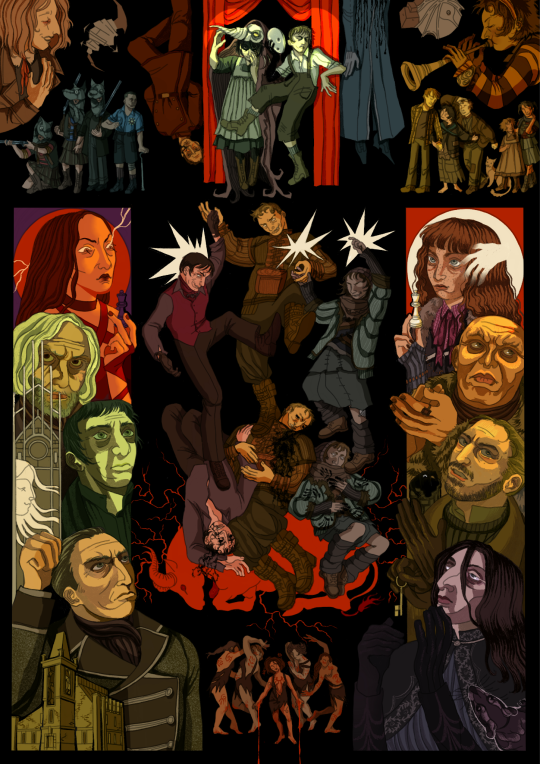
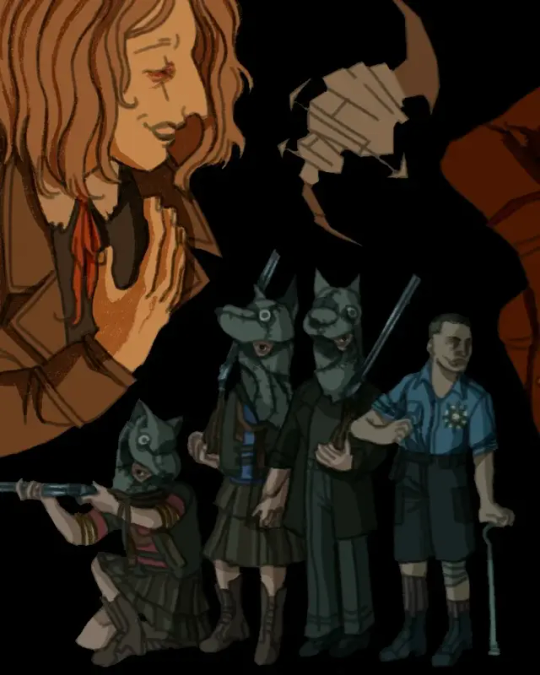
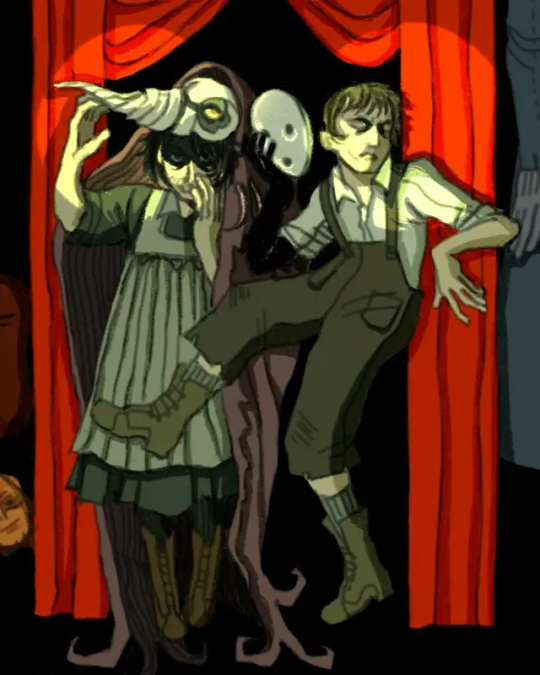
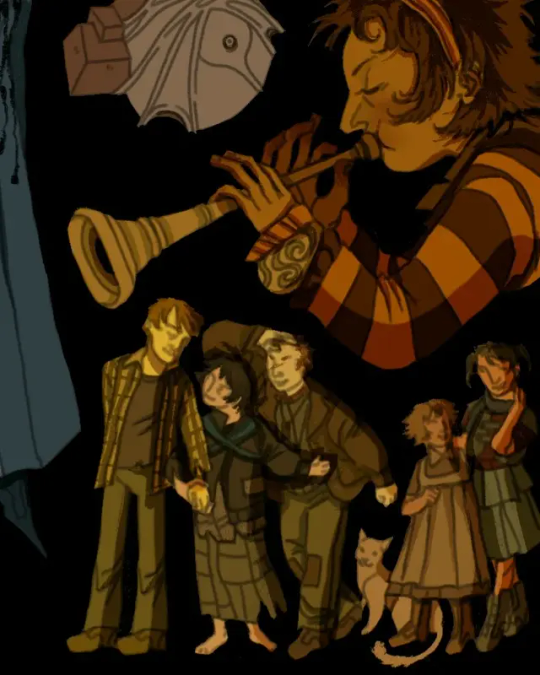
Just like a person, the Town is a process. It's movement. In this town, people can make the impossible, for it is a machine. A border-breaking machine.
#pathologic#pathologic fanart#oh boy i'll tag all the characters now#jajadraws#grace stamatina#khan kain#alexander block#the powers that be#aglaya lilich#taya tycheek#sticky pathologic#murky pathologic#notkin pathologic#daniil dankovsky#artemy burakh#clara saburova#maria kaina#georgiy kain#victor kain#eva yahn#alexander saburov#nara pathologic#katerina saburova#vlad the younger#vlad olgimsky#capella olgimskaya#after three weeks of work!! here it is!! thank you!!!#digital art#insert the world tarot card#Мор Утопия
2K notes
·
View notes
Text
innocently logging in to look at the Twst schedule for May like

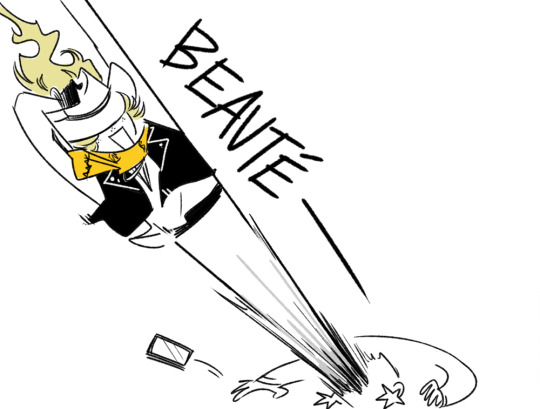

#art#twisted wonderland#twisted wonderland spoilers#twisted wonderland episode 7 spoilers#twisted wonderland book 7 spoilers#twisted wonderland episode 7 part 8 spoilers#twisted wonderland book 7 part 8 spoilers#tsumsted wonderland#i-is that enough spoiler tags#anyway twst just absolutely obliterating me with the schedule again#i saw the story completion campaign ended in june and was like 'oh okay that'll be when we get the next part' NOPE HA HA#oh my god rook. oh my god savana rook is real.#w...why is this a story card. hey twst wHY IS THIS A STORY CARD --#is rook dreaming of still being a rowdy boy or#and why is he...(squints) why is he in a pomefiore bedroom#never mind i'm actually terrified of this card now#god. the STETSON. i'm crying.#he really is just applejack huh#also vil i don't know what your problem was this man's mane is LUSCIOUS#and what's this? it's twst following up that first punch with the right hook of EVEN MORE of the best and silliest event#malleus is going to be in the middle of an angsty flashback while dangling us over a pit of spikes or something#and then we're going to cut directly to him having a charming little tea party with a small plush version of himself#oh twst your sense of pacing remains exquisitely incomprehensible#(no i love this though)
3K notes
·
View notes
Text
I do decree that as a writer I must make Billy Batson a teen dad by way of ridiculous adoptions
#oh how the table turns#idea that started in freaking 1945#so next year is the ‘Make that boy a father!’ issue of Marvel Family comics 80th anniversary#hyped#honestly that version of Cap just has a report card full of A+’s on How To Adult#and that’s great for him#billy batson#shazam#dc
232 notes
·
View notes
Text

my love - i will never forget you
#solavellan#solavellen hell#solas dragon age#solas dread wolf#inquisitor lavellan#lavellan#dragon age#dragon age inquisition#dai#oc: layla lavellan#min ocs#min draws#tried my hand at a tarot card style illustration and boy oh boy! did that take forever!!#officially the longest ive ever spent on an art piece#cant look at it anymore ill go crazy but i do like it v proud of myself <3#got some ideas stewing for solas' wolf form :)
139 notes
·
View notes
Text
pouring one out for luo binghe in my disciple SQQ fic, poor guy has taken a backseat here. we're nearly 30k words deep and he hasn't even shown his face once. it'll be much longer before he even actually talks to Shen Qingqiu.
(i say im pouring one out but in reality im sitting in my director's chair chewing on a cigar and wearing a beret as he tearily and unsuccessfully pleads with me for more scenes with Shen Qingqiu)
#svsss#disciple shen yuan#scum villain#shen qingqiu#shen yuan#SQQ: building his found family on QJP and Plotting#LBH: idk off sniffing rocks somewhere while on one of his protagonist adventures#i say im pouring one out for him but in reality im laughing at him. sorry my guy you are just NOT my priority. be a better peak lord#tell your disciples to stop with the institutionalized peak hierarchy and the internal political intrigue and MAYBE we'll talk#oh he cant hear me he's wearing airpods. welp. *stares at LQG and YQY* more SQQ time for you then!#its funny because i do love bingqiu i just decided to write a fic exploring a roleswap concept i saw where LBH wasnt a good peak lord#and the concept itself didnt explore what consequences might occur if LBH was as inactive a PL as LQG was before redeeming him#like if BZP can go lord of the flies while unsupervised what happens if you leave QJP the same way?? political court intrigue and sabotage#being the protagonist and going on many adventures is great and all.... if you aren't tied down with the responsibilities of a peak lord.#binghe. binghe. binghe. binghe. your head disciple has instated a hierarchy on your peak and routinely sabotages the cultivation of the#junior disciples by actively disrupting their learning by sending them off to do menial chores that should be distributed equally across#the peak. binghe. he's gonna get someone killed. binghe. BINGHE. you're inadvertently creating a generation of cultivators who harbor#resentment against you specifically bc you failed to care and protect them as their shizun. BINGHE. DO YOU HEAR ME? BINGHE#oop. i guess not. SQQ time to organize a covert resistance group. i mean a secret study group that also doubles as an organization dedicate#to ruining Li Tao's reputation and standing amongst the rest of the sect. by boys! have fun storming the castle!#tldr unsweetened lemonade is: 'i force SQQ into a position of no power where keeping his head down is not an option bc neither the system#+ nor his surrounding peakmates will let him fade into the BG. and there's no LBH around for him to wifebeam into the Fave Disciple spot'#its also a 'SY and SJ are the same person' fic bc i love the trope and having a disciple SY where he's also SJ is such a specific niche#that i'll just have to write it myself in order to see it. im having a blast with it. im gonna give him SO much found family.#liushen and yueshen(? qijiu?) are fighting for 1st while poor bingqiu is trying to claw its way out of 3rd with minimal success#good fucking luck babe you gotta fight SQQ's seven evil disciples first. THEN you gotta fight Liu Qingge and Yue Qingyuan.#and then you gotta fight me. romance isnt even in the cards for this fic they're fighting for the SUBTEXT.#roll for disadvantge binghe
69 notes
·
View notes
Text
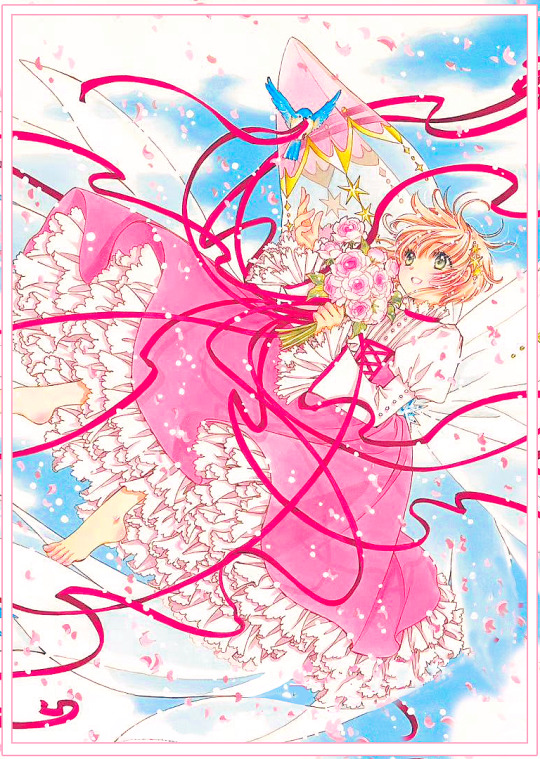
Card Captor Sakura | Clear Card 80
#cardcaptor sakura#card captor sakura#sakura kinomoto#ccs edit#clamplove#oh boi here we go#this will be the last one at least for now#my edits
337 notes
·
View notes
Text

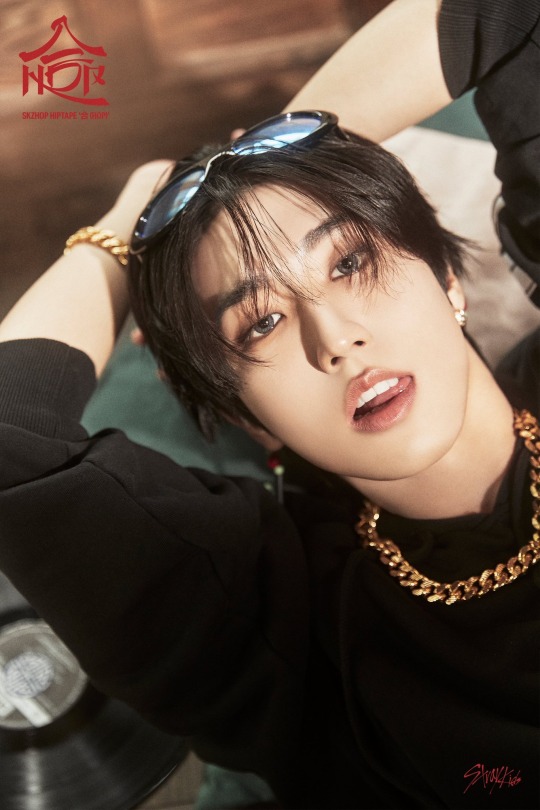
WHAT THE FUCK
#skz#stray kids#han jisung#WHAT THE FUCK HJS????#hjs#killing myself#THE TONGUE??? PUT IT BACK????#oh boy...#div1 when i catch you.#always the same consept but okay ig#ty skz for ur lethal face card face bank and face economy#HE LOOKS SO GOODDDDDDD#fireeee#so hot 🔥🔥🔥#he looks 🔥🔥🔥
54 notes
·
View notes
Text
ja'marr's presser notes:
he was fidgety as hell throughout it, lots of fingers tapping by the mic lol
said he would sign tee himself if he could, wants to play with him for "eternity"
said that he "didn't want" to do the donut thing, that "some simpsons guy" asked him to. (yes. your face was clearly one where you weren't enjoying any part of that! okay!)
said that joe smashed his donut in his face harder, "went too far" lmao
talked about how much it means to him to be there for kids with cancer, talked about how he was with his grandmother who he lost to cancer in her "literal last seconds" 🥺 said it "touches his heart"
#ohhhhh boy#lots to clip here too#he said he didn't want to do the donut thing but his face A. during the donut thing and B. during the donut question#absolutely says otherwise#do we have another case of ja'marr being vulnerable and sweet and being like 'oh shit that's on the record i gotta walk that back right now#because that's the vibe i'm getting lmao#and joe out here only saying 'it wasn't on his bingo card'#as if that wasn't a beautiful joyous tender moment for both of them!!!#never trust these men!!#but also man ja'marr talking about his grandma. whom he has tattooed on his leg#and still his cover photo on twitter#lots of feelings about that one!#ja'marr chase
46 notes
·
View notes
Text
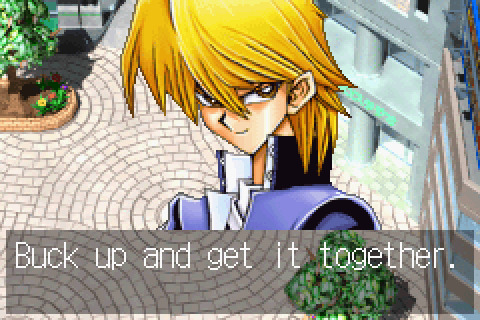
549 notes
·
View notes
Text


something something harlan smoking while writing something something he looks gorgeous something
#LIKE...#god his face card brother#oh and his nose... gorgeous#i have no mouth and i must scream#ihnmaims#am#am ihnmaims#allied mastercomputer#harlan ellison#a boy and his dog
107 notes
·
View notes
Text
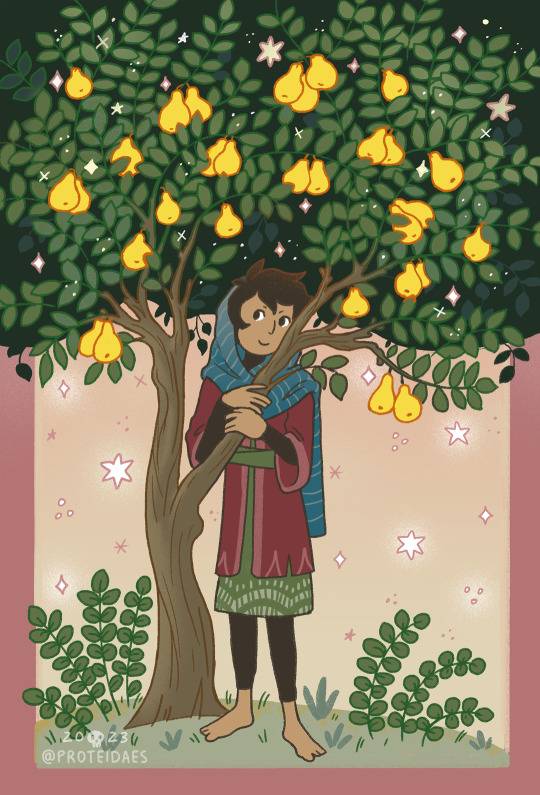
Pear tree 🍐✨
--
photoshop
#art#artists on tumblr#illustation#illumination#manuscript#medieval#pear tree#plants#flower prince#AH#MY BOY#I haven't posted too many OCs here lately#gonna fix that!!!#mirikh#christmas#OH YEAH this is my christmas and new year card this year#mutuals holler if you want one I will send you my form!!
295 notes
·
View notes
Text


i got him too but at what cost :’)
#my credit card🤧#but oh boy he is so sweet beneath that tough exterior :’)#i love his story it’s like hurt/comfort with a dash of spiciness😫#🧩 — l&ds#lads zayne
112 notes
·
View notes
Text
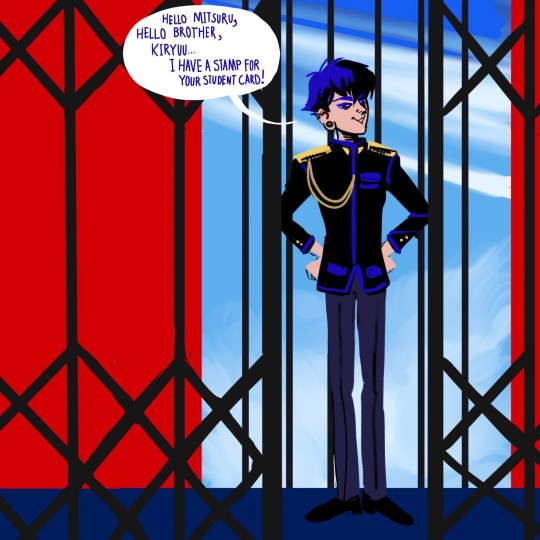
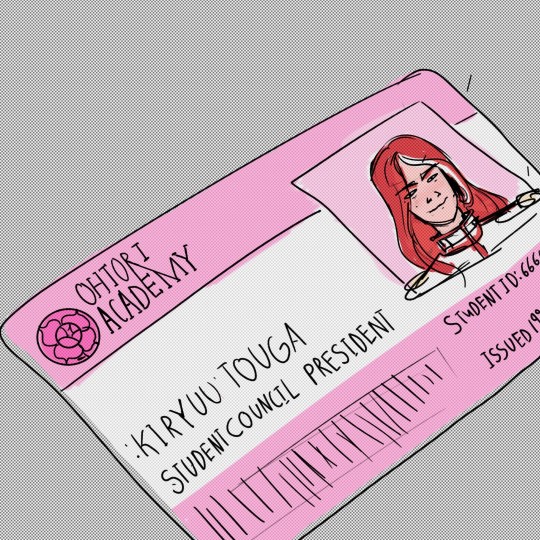

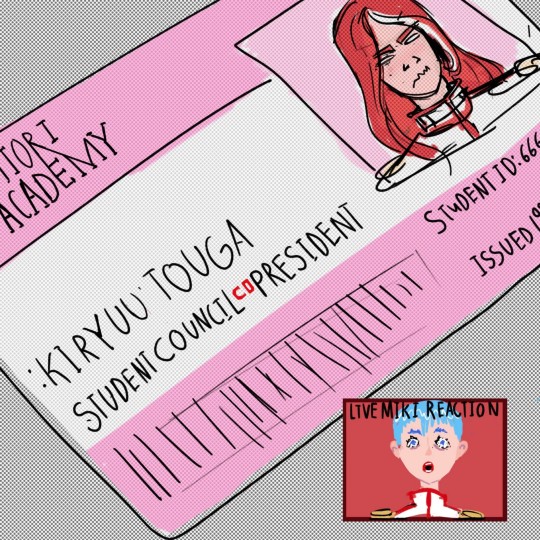
Kozue accession as one of many surprises in an anarchic last year of operation at Ohtori.
In my freshman year of highschool there was a group of kids who spent 8th grade as the last class of students at a middle school that was to be decommissioned. The teachers were all either waiting to jump ship or retiring, a lot of work went undone, alot of student cruelty went unchecked. The upkeep was dismal, the roof leaked, light bulbs that extinguished themselves were not replaced, the students were only allowed in certain parts of the school. There seemed to be a liminality to the experience, spending most of your days within walls that would be torn down that very summer.
That's how I imagine Ohtori without Anthy and her power, a strange dwindling thing still shook by the conclusion of normality and humming with anticipation of the deathblow.
Anyway, Kozue Co-prez!
#not necessarily the path i think she would take but one i think would be interesting and cause tension within a narrative i wont be writeing#kozue kaoru#miki kaoru#touga kiryuu#rgu#post-cannon#kozue i find really interesting in that she oscillates between wanting freedom from the system and power in the system through her brother#so if freedom is her endgame as id like to think it is for the students#than id have her choose the wrong path first but by chooseing to grasp power in her own right it is a step away from co-dependence and#towards self actualisation reguardless#of the position being very bad for her and anyone else given the implied proximity to that bastard Akio#anyway this causes a schizm in the student council leading to two groups meeting separately in a thus unseen basment and the student counci#balcony respectively#like in the schism of 1378 when there where two than three popes in Europe for like 40 years#my art#oh oh final note#was really tempted to give kozue her black rose uniform cause its the best on the show#but i think if she were negotiating she would ask for the boys cut#ended up looking very mcr#revolutionary girl utena#noticing that the student card is the size of a paperback book#post-canon
86 notes
·
View notes
Text
gwen and merlin have the same taste in men (merlin jokes about their abysmal taste and gwen shoots back that she used to have a crush on him and he’s just like “yeah. exactly. horrible taste”). they both liked lancelot but merlin got him first (they definitely slept together. at least once. tell me i’m wrong.) and gwen was happy for them but she also liked him but was mainly happy. then they broke it off and lancelot left and gwen was like “damn, i’m sorry…anyways how was he in bed?” and merlin goes from :( to >:) and tells her everything.
they both like arthur but arthur courts gwen first. merlin is happy for them but he also loves liked him but he’s mainly happy. then they don’t work out and merlin is APPALLED. gwen is just like “i really love lancelot and arthur really loves you so this works out” and then goes and makes out with lancelot. merlin doesn’t even get the chance to ask how arthur is in bed :( but then arthur comes to him and confesses and merlin is able to know first hand what he’s like in the sack sooo a win is a win
#gwen and merlin swapped partners like pokemon cards#teehee#they really are like the best of friends#i adore them#platonic mergwen#merthur#arwen#gwencelot#mercelot#bbc merlin#headcanon#head canon#hc#fanfiction#fanfic#fic ideas#ur telling me merlin asked gwen at a feast arthur or lncelot and expect me not to believe they talked about boys ALL the time???#i think of merlin as pan and gwen as bi#so they also whispered about morgana LMAO#tho merlin did like gwaine more than gwen did#gwen had like a small little crush that fizzled out rather quickly#merlin slept w gwaine like five times before they called it quits#oh shit do i have to add those ship names now??#oh well
85 notes
·
View notes
Text
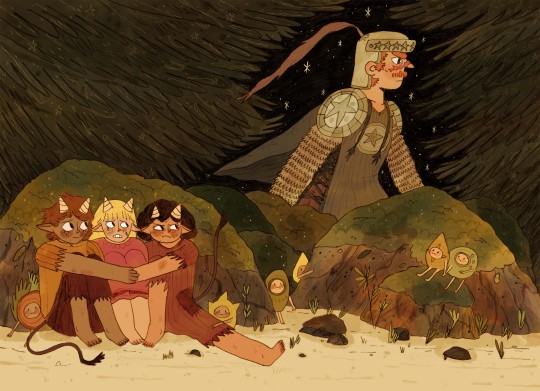

drawings ive done this week for a competition!! probably the most ambitious thing ive drawn in my new style but im very happy with them! :3
#mine#original#u hve no idea how small my brain is now#i will probably take th rest of the week off ough#i hope everyone is having a good time#im having a medium time but. i am getting there#ive ordered new prints!!!!! should be getting here next week i thnky#i need 2 order more business cards. my favourite thing to spend money on#its actually beginning to get sunny and warm so i will sit in the garden and read!!#im reading like. a murder mystery thing. its Just Okay#i read 'in memoriam' by alice somebody recently and OH BOY#i dont rlly know what im in the mood for book wise after this one....i might read the ninth rain ? ive heard good stuff abt it#part of me wants to read warrior cats bc i never read it as a kid but i think i'll b rlly autistic abt it so i am resisting currently#also i had porridge for breakfast this morning n put frozen blueberries in it n it made it purple....truly there is love in the world
409 notes
·
View notes
Text

Oh… that’s a new Trey SSR coming with the main story update next month … 😃
#i am so cooked#‘Queen’s chef coat’?#oh boy i am Scared#this plus the New Year’s card coming back and I MISSED THAT AAAAAGH#it’s so over#twisted wonderland#twst#disney twisted wonderland#disney twst#trey clover
25 notes
·
View notes